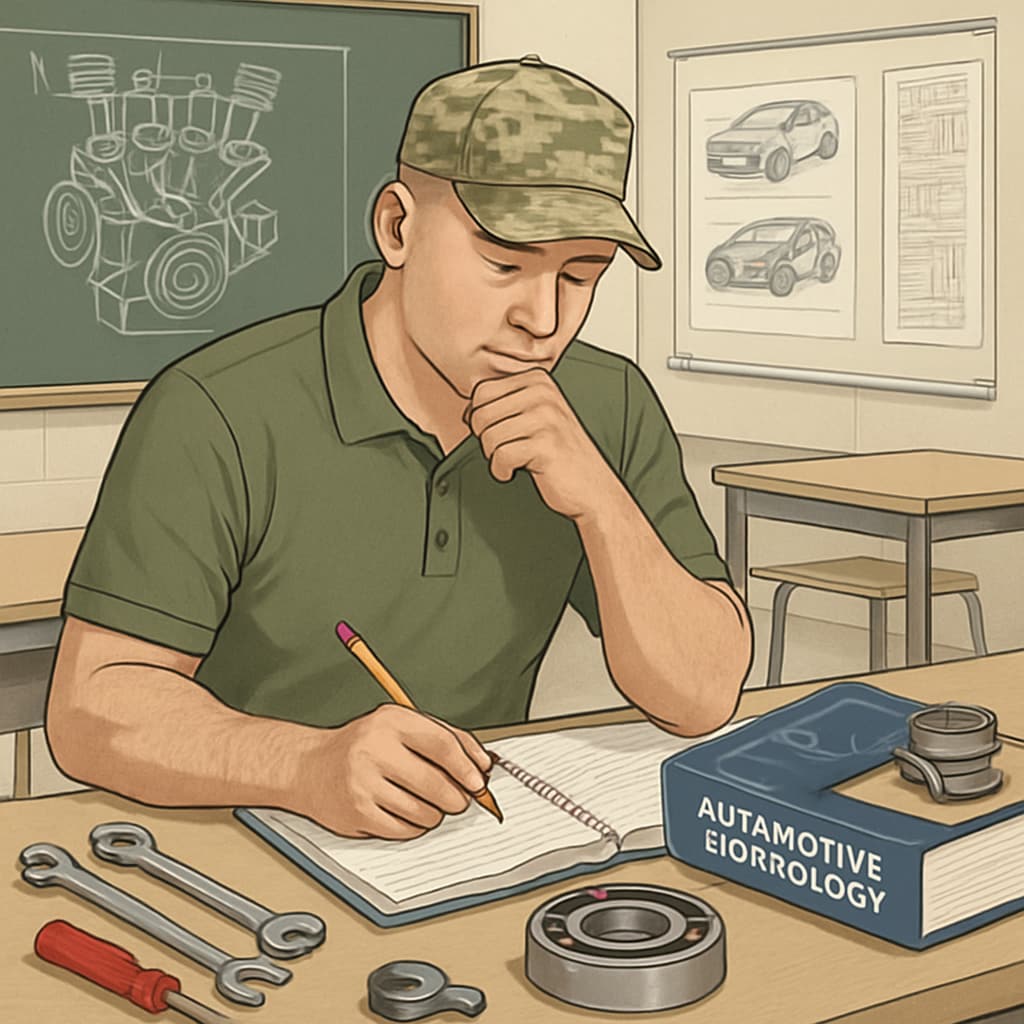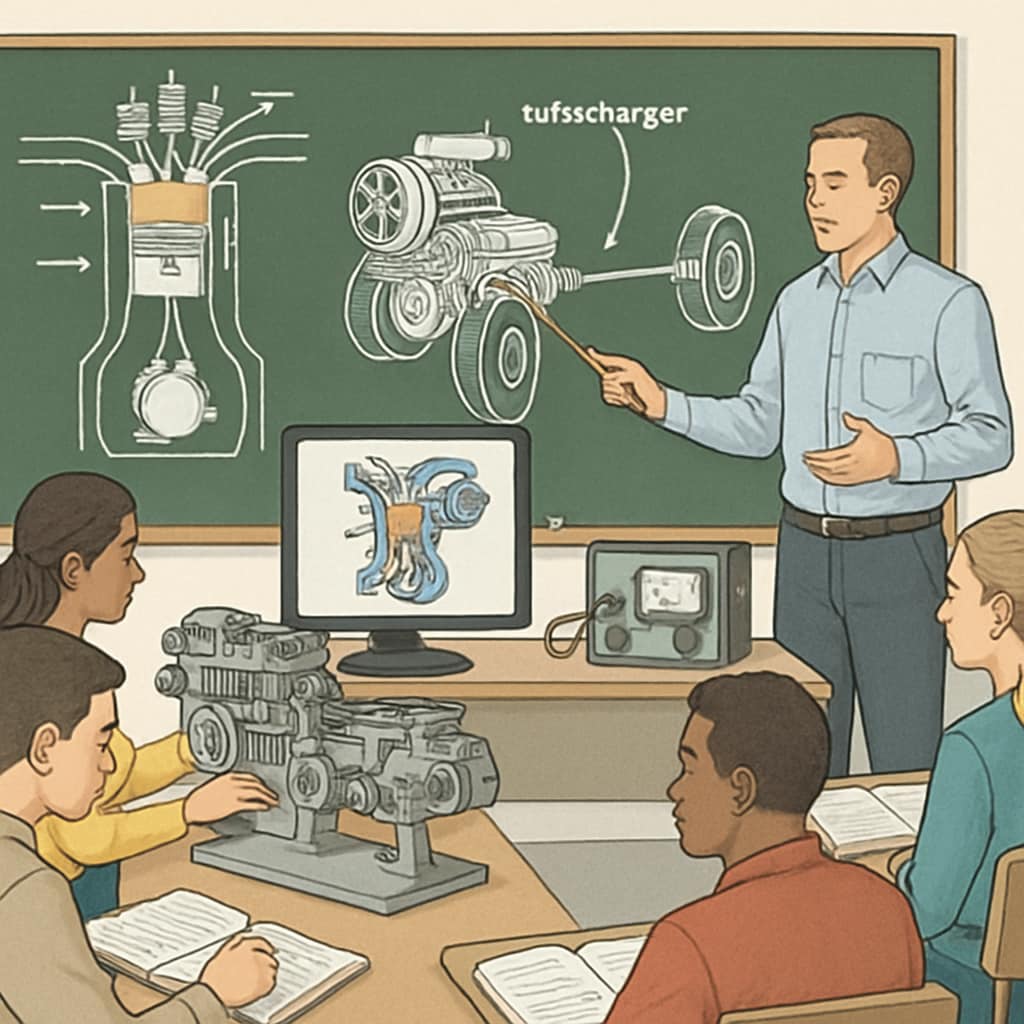Transitioning from an associate degree in automotive technology to a bachelor’s degree is a strategic move for military personnel looking to expand their skills and career opportunities. With the right planning, you can maximize credit transfer, choose a compatible bachelor’s program, and set the stage for long-term professional growth. This article highlights the best pathways to achieve this, focusing on academic alignment, credit optimization, and career-oriented program choices.
Why Transition to a Bachelor’s Degree in Automotive Technology or Related Fields?
An associate degree in automotive technology provides a solid foundation in vehicle repair, diagnostics, and maintenance. However, pursuing a bachelor’s degree allows military personnel to enhance their technical expertise and access advanced roles in fields such as automotive engineering, management, or education. For example, a bachelor’s program can teach leadership skills, project management, and cutting-edge automotive technologies that are essential in today’s rapidly evolving industry.
Moreover, transitioning to a bachelor’s degree can make military personnel more competitive in the job market. Many employers value the combination of hands-on experience from military service and the advanced knowledge gained through higher education.

Key Considerations for Credit Transfer
One of the most significant advantages of transitioning from an associate degree to a bachelor’s degree is the potential to transfer credits. Military personnel, in particular, can benefit from programs that recognize their prior learning and experience. Here are a few tips to maximize credit transfer:
- Choose Accredited Institutions: Select a university or college accredited by recognized bodies to ensure your credits are transferable.
- Leverage Military Training: Many institutions accept credits for military training and experience through programs like the Joint Services Transcript (JST) or the Community College of the Air Force (CCAF).
- Work with Academic Advisors: Consult with advisors to map out a personalized credit transfer plan and avoid duplication of coursework.
By carefully planning your credit transfer strategy, you can reduce the time and cost required to complete your bachelor’s degree.
Bachelor’s Degree Options Compatible with Automotive Technology
Not every bachelor’s program will align with an associate degree in automotive technology. However, several fields complement this background and offer clear pathways for career advancement. Below are some top options:
- Automotive Engineering: Focuses on the design, development, and manufacturing of vehicles.
- Business Management: Ideal for those interested in running their own automotive repair shop or managing teams.
- Industrial Technology: Combines technical skills with business and management principles, preparing graduates for leadership roles in manufacturing or logistics.
- Education: Prepares individuals to teach automotive technology at vocational schools or colleges.
These programs build on the technical skills gained in an associate degree while opening up new avenues for specialization.

Career Opportunities After Earning a Bachelor’s Degree
With a bachelor’s degree, military personnel can access a broader range of career opportunities. Some potential roles include:
- Automotive Engineer: Designing and testing new vehicle systems.
- Service Manager: Managing repair shops or service departments.
- Technical Instructor: Teaching automotive technology to the next generation of technicians.
- Fleet Manager: Overseeing the maintenance and operation of vehicle fleets for companies or government agencies.
Additionally, many employers value the leadership and problem-solving skills acquired during military service, making veterans with advanced degrees highly sought after in the job market.
Final Thoughts on Transitioning from Associate to Bachelor’s Degree
For military personnel with an associate degree in automotive technology, pursuing a bachelor’s degree is a valuable next step. By focusing on credit transfer, selecting a compatible program, and aligning your education with long-term career goals, you can unlock new opportunities for professional development. Take advantage of the resources available to veterans, such as GI Bill benefits, to support your educational journey.
Start exploring your options today and take the next step toward a rewarding career in the automotive industry or beyond.
Readability guidance: The article uses concise paragraphs, bullet points for clarity, and transitions to maintain flow. Technical terms are explained for accessibility, and passive voice is minimized.


